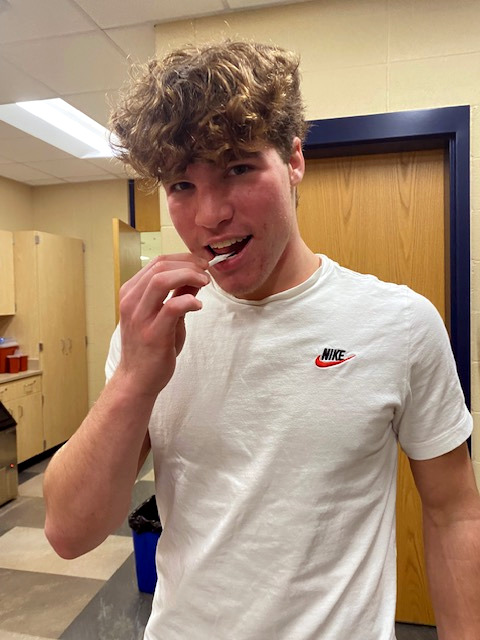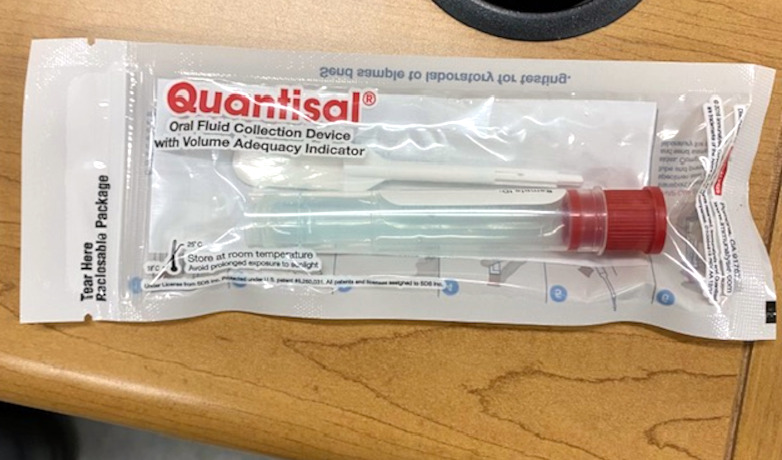By Baylee Knebel
About 46,000 students — or 8.5 percent of 12- to 17-year-olds in Indiana — report using drugs in the last month, according to the National Center for Drug Abuse Statistics [2023]. Stats show that the drug of choice was overwhelmingly marijuana.
Delta High School has been doing random drug testing for at least 20 years.
“We need to give students the opportunity to make us the bad guy and tell people I can’t use that drug because I drive to school or I play sports,” Principal Chris Conley says. “I think also we need to look out for the health of our students.”
In the first semester Delta has conducted random drug testing one time and when results came back no one failed the test.
Students are picked for drug testing for many reasons. If you play a sport or drive to school you have to agree to be in the pool for drug testing. However, you may also be put in the pool if your parents elect for you to be signed up for drug testing.
One popular question surrounding drug testing is “What happens if the test comes back positive?” The answer is no you are not punished in school. This includes alternative school, out-of-school suspension, in-school suspension, and any after-school or in-school detention.
However, if you play sports or drive to school, those privileges will be altered. For athletics, the first offense means the athlete will be suspended for 25 percent of the season’s contests. Second offense the athlete will be suspended for playing all sports for 365 days. Third offense the athlete cannot play a sport the rest of his/her high school years.
If you drive to school you are not allowed to drive the remainder of the year but if applicable can get a parking pass for the next year.
Refusal to test is considered an automatic positive test.

The process for drug testing is now very different than it has been the past few years. Instead of collecting a urine sample, students now are swabbed in the mouth for DNA. These oral tests come back in about a week (4-5 business days). For each random testing day, students are picked in groups of around 20.
Mr. Conley says 8-10 substances all the way from marijuana to fentanyl are being tested and several things in between. Anything that will be a prescription that a student could get a hold of is tested, he said.
Mr. Tim Cleland has been the tennis coach for 34 years and has seen drug testing here since it began.
“Some people could argue that there are personal liberties about whether they have to get tested,” Cleland said. “I think that the safety of teaching [students] to not get involved with drugs is more important and outweighs the personal liberties.”
The goal is to help students stay away from drugs and alcohol and develop their self control.






